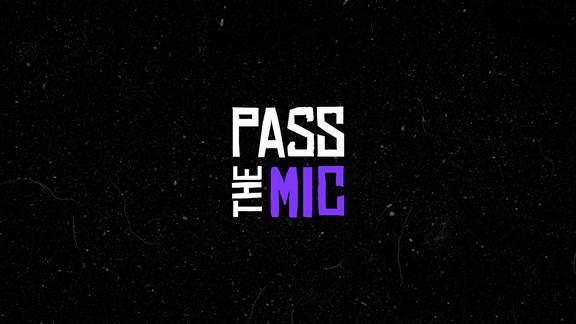While there is deep frustration that the spotlight is only now focused on race despite decades of oppression, at this moment I believe the role of our allies is to listen and learn from the lived experiences of our community. And if there is action to be taken, it’s to hand over the power and pass the mic to a person of colour. So here’s my learnings from my lived experiences. I hope it encourages others to share their stories too.

Pass The Mic
Racism happens within the same race
My mum was denied her high school love purely because of his caste. While many argue the hindu caste system is about social roles, at the heart is racism in disguise. Instead she was forced to marry someone who was not only from the same caste, but had the same surname and was from the same connected villages in India (sattavis gham)
We have to look to our upbringing to understand our racial bias
Regardless of my mum’s experience, her upbringing meant that when my sister introduced her future husband who was Jamaican, my mum refused to accept their high school love and almost let history repeat itself. It took some time for her to challenge her own parents' prejudice before she was willing to accept her own. Unfortunately the same prejudice happened in return, just showing that racism can be just as rife within communities of colour too.
Microaggressions are where the focus needs to be
A few decades ago, it was unfortunately more common to be called a ‘paki’ publicly at school, walking down the street and amongst what I considered at the time friends. Now the racism I feel is much more subtle, and it’s the accumulation of these microaggressions that have driven the biggest impact on my sense of self.
For example walking down the street with my white step father, I’ve never witnessed a loving look towards a father-daughter relationship. Instead at best, it’s one of confusion. At worst, it’s disgust for what surely can only be an ‘asian bride’.
Or the comments from colleagues saying ‘I don’t see colour, it’s all about the best person for the role’. Or ‘you’re different to other indians, you’re like us’. Or ‘you’re quite outspoken for an Indian girl’.
Every person of colour has a different experience of their race
For me, it was all about wanting to fit in. I was so embarrassed of my ethnicity, and for my whole childhood, wished I could be white. When I had the opportunity to change my name, I asked that I be called Rachel to fit in. I tried to talk like, look like and be like my white school friends. Only now I can say I’m truly proud of being Indian, but this journey for me has taken decades.
Being a person of colour doesn’t mean I know all the answers
I’m often asked what my views are on the topic of race and while this is a passion area for me, it’s often assumed i just know this because ‘I’m brown’. Like others, I educate myself on the topic to understand the deep-seated infrastructural racism within our society and how we progress. I also have a race coach who allows me to learn, challenge my own biases and evolve on the topic of race. This is no different for those from other minority groups. Let’s now assume that because someone is gay, that they understand the history of the gay rights movement and how their ‘community’ are feeling.
So if there's one action I'd urge from the last week of events, it's to encourage more people of colour to speak up and share their experiences. And it's for our allies to handover the power and use their platform to share the experiences of their friends and colleagues of colour.